According to student voter registration advocates, in the final weeks leading up to the election, college students could have more voting power than anyone’s given them credit for – themselves included.
“Students have this unique advantage that other citizens don’t have,” said Serene Arena, a Columbia College graduate who works as a voter registration genius for Columbia Votes. “You have a choice where you vote.”
Columbia Votes, founded by Sharon Bloyd-Peshkin, an associate professor in the Communication Department at Columbia College Chicago, is an effort to bring systematic, 50-state voting to Columbia students.
“You have two residences,” Arena recently told a group of Columbia students. “You have your campus address and you have your home address.”
For students, deciding in which state to register can become a strategic act.
“It really just comes down to what specifically is happening in your state versus the one that you’re currently in,” said Hugh Tuomey, a Columbia College student who hails from Massachusetts, but is currently living in Chicago.
Tuomey takes the decision about where he will register very seriously.
“My vote might count a little bit more in Illinois,” said Tuomey, who plans to vote Democrat. “Massachusetts is just so solidly blue.”
A filmmaking major, Tuomey said he knows other classmates who have transplanted to Chicago for school and are now in similar positions in this election.
“I have a friend from South Carolina, and I think he’s voting in South Carolina because he wants to try to vote out Sen. Lindsey Graham (R-S.C.).”
Tuomey emphasized the importance of local races, where he feels students, in particular, have a lot of power to make a difference.
“A lot of people think about it in just these big terms, like it’s just the president,” he said. “But it’s really about real-world issues that will affect you in the day to day.”
Nolan Flavin, a voter registration genius who works alongside Arena, agreed that students may not immediately recognize the power they have as voters.
“I think for some reason college students think that their votes don’t count as much, like they’re not taken as seriously,” Flavin said. “But think about how many college students there are. Their vote’s gonna’ weigh the same as any other vote.”
Arena, who recently completed the Civic Media master’s degree program at Columbia, acknowledged the frustrations she sometimes hears from students, but thinks this can be transformed into a call to action.
“‘My home state might go red, so what does it matter?'” Arena asked rhetorically, demonstrating the rationale of the frustrated student voter. “Well, that’s even more of a reason why your vote matters, right? Those individual votes add up.”
According to the New York Times, five states—Florida, Iowa, Ohio, Georgia and North Carolina—are considered to be “battleground” or “tossup” states in which neither President Donald Trump nor Former Vice President Joe Biden has a clear lead.
“That’s where we really can make a difference, and I feel like, in that sense, the vote definitely counts,” Tuomey said, particularly with regard to local elections. “A lot of people do underestimate that power.”

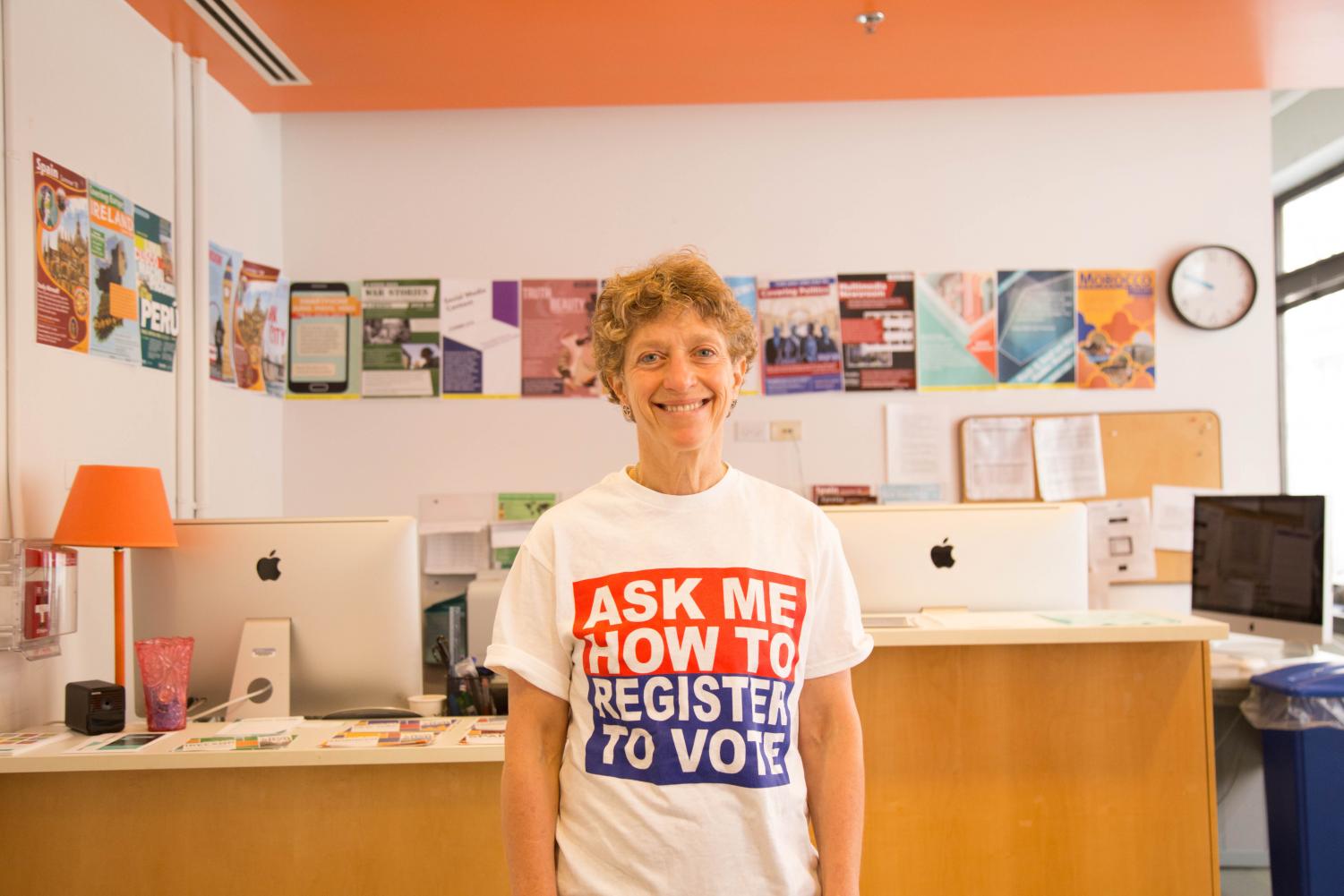
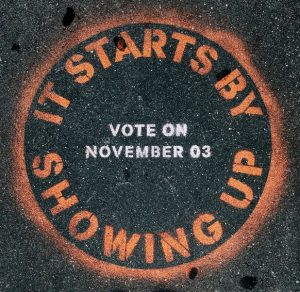
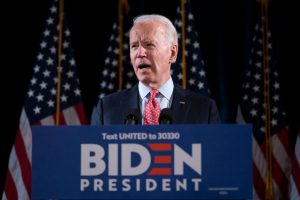

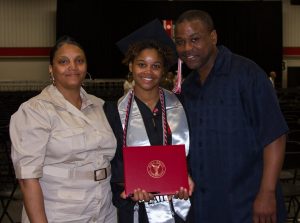

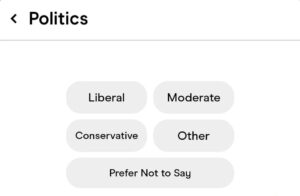
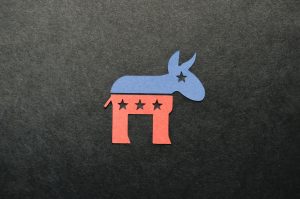
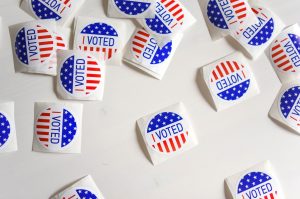
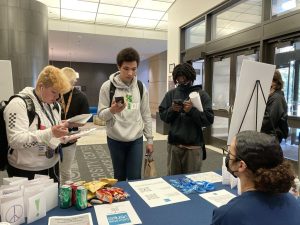
Be First to Comment